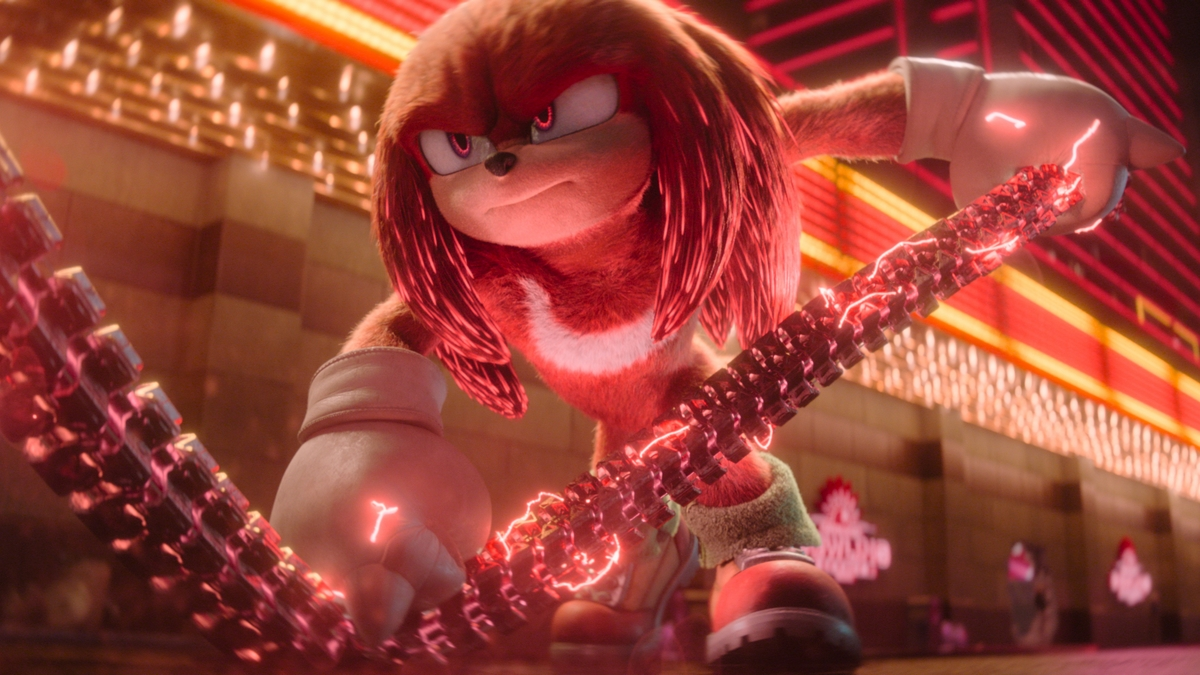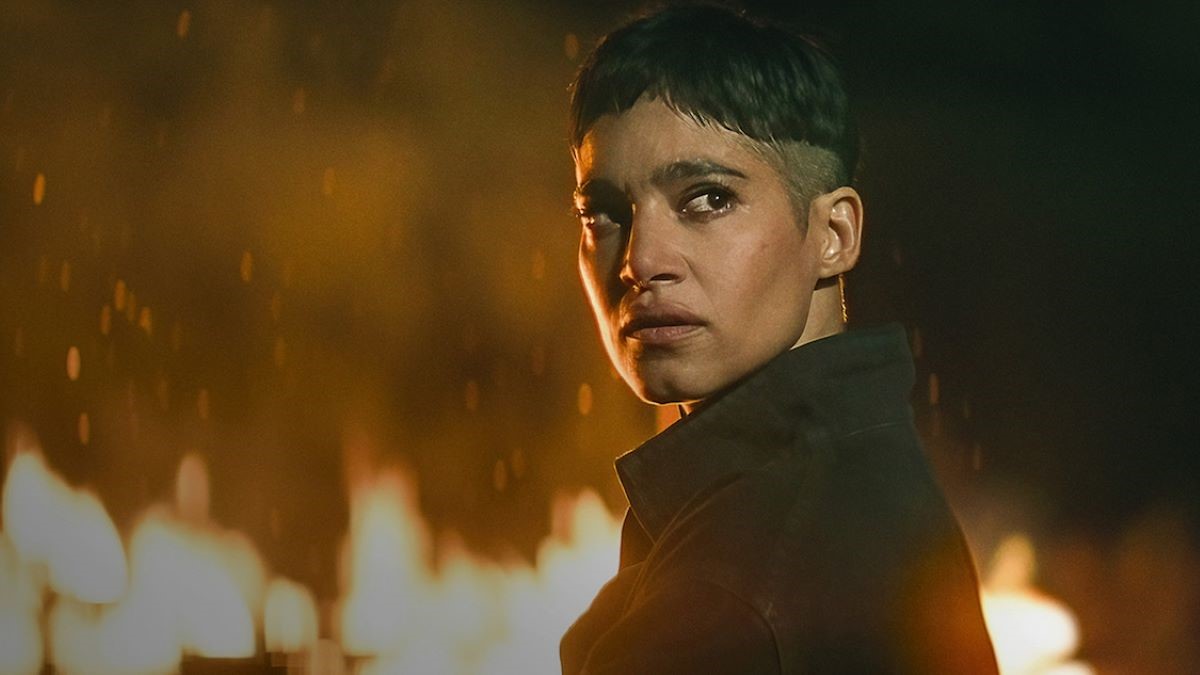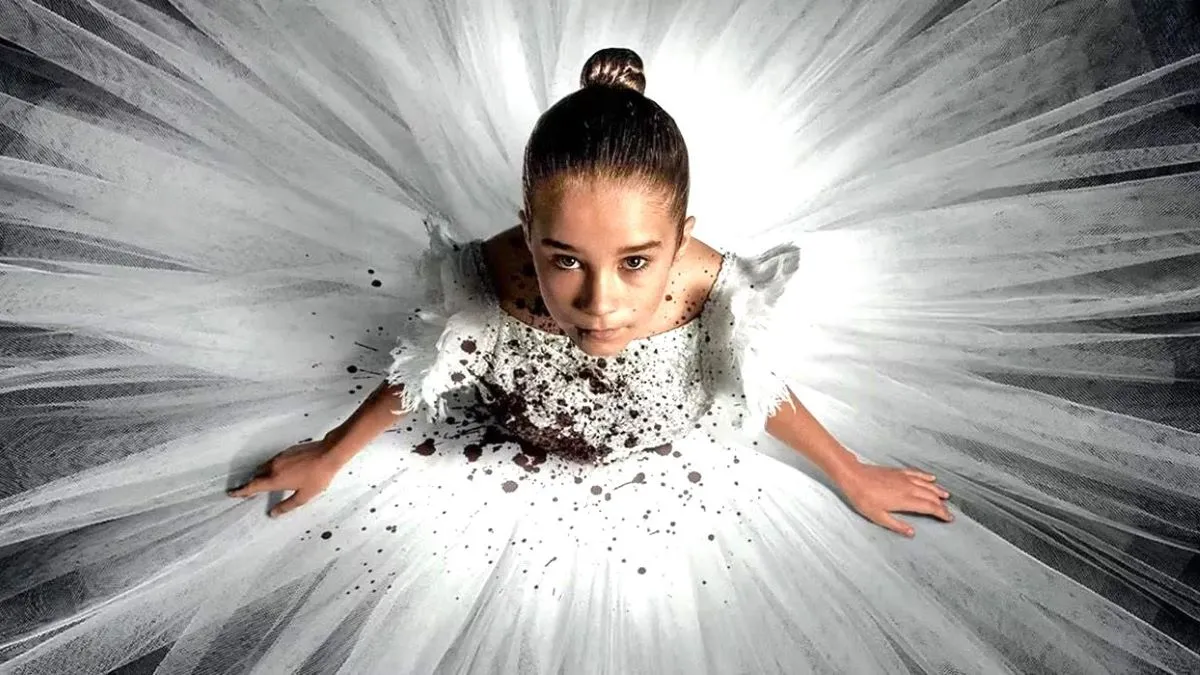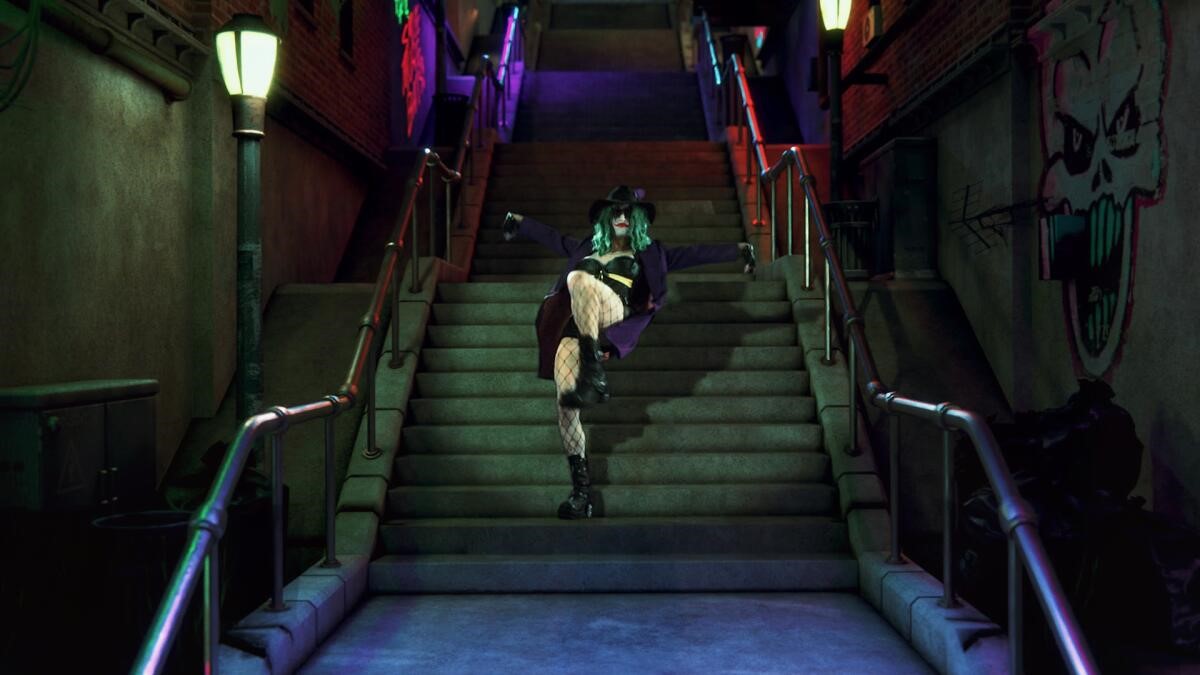
Seeing as “Do Mail Robots Dream of Electric Sheep?” spends a good deal of the hour looking under the hood of everyone’s favourite four-wheel courier, I’m going to do a little curtain-drawing myself. As we’ve gotten deeper into this season of The Americans, review screeners of new episodes have been made available closer and closer to actual live airings. Obviously, having time to ruminate on each new episode before talking about it is ideal, but it’s not like The Americans ever leaves you without something to say immediately after watching each hour.
Point being, I’m very glad that, unlike the last few episodes, I had a couple days to think over “Do Mail Robots Dream of Electric Sheep?,” because after a first watch, I had some pretty strong reservations about the episode. Punctuated by three long, densely written scenes between Elizabeth and a woman destined to become collateral damage, the hour is as close to a structural experiment as we’ve ever seen from The Americans. There are other bits of business taken care of tonight, and the hour isn’t just one long night of the soul for Elizabeth. But in many ways, “Do Mail Robots Dream of Electric Sheep?” felt analogous to Breaking Bad’s own notorious one-off, “Fly,” a theme-heavy bottle episode fans either loved (my camp) or hated.
My initial issues were twofold: first, the entire setup for Elizabeth’s dilemma felt calculated, as it required the Jennings to be on a job when out of disguise (which isn’t a first, but a rarity), and for Elizabeth to do something as out of the blue as walk in on night owl Betty Turner. Secondly, and more problematically, is that Betty herself can read like an human subtext machine. An object or an animal can work just fine as a literary device, but we expect people to be people. The more Betty talks, the more her story all too perfectly mirrors, or touches on some of the big themes and plotlines from this season of The Americans.
The power of what the episode was going for didn’t escape me after the first viewing, but the means by which it earned that impact seemed obvious and blunt, two adjectives I’d never put in the same Zip Code as The Americans. When sitting down for a rewatch, I took a step back, and just viewed “Do Mail Robots Dream of Electric Sheep?” as an hour of television. Not, the next chapter of one of my favourite shows that I’m also compelled to pick apart, frame by frame, thread by thread every week: just a story, about two women in a very bad situation.
The distance helped, perhaps in part because “Do Mail Robots Dream of Electric Sheep?” is written (by Joshua Brand) like a short story, and directed (by Stephen Williams) to emphasize space. The meat of the action concerns the Jennings getting a bug into the F.B.I.’s out-for-repair mail robot, but if that’s all the story was ever going to be about, everything here could have just taken place off-screen. Instead, Brand uses the A-plot as a sort of Voight-Kampff test for Elizabeth, as she attempts to replicate, then overcome a morally compromising situation of a nature similar to what Philip has been dealing with all season.
The Americans has steadily become less about the craft of spy work, and more about the cost that comes with employing it. Used to be you could count on one big espionage setpiece each week, but the line separating the personal and professional lives of the Jennings has grown feint over time. Yeah, we could have had some scenes of the two scouting the repair shop, confirming no one would be there at night, excusing a lack of disguises, but that wouldn’t make for good drama. And the encounter Elizabeth has with Betty is no accident, either: she chooses, the moment she sees the fly in the ointment, to expose herself, and take the weight of everything that’s to follow.
The episode opens with Elizabeth cutting ties to Hans, himself having been exposed to Todd by accident last week. The deep space afforded by their rendezvous location visually establishes at the scene’s beginning and end how Hans is always going to be many more steps behind Elizabeth than he’d like. Realizing Todd is the roadblock, he horribly botches a sneak attack on the loose end. Any comic effect there is to Hans’ incompetence dries up quickly in the wake of the brutal, laboured way he ends up choking the life out of Todd. In certain respects, it’s an even more distrubing killing than when Reuben set Venter on fire last episode.
“It was, uh…messy. It didn’t go exactly as planned,” he freely admits to Elizabeth later on. “It seldom does,” she knowingly responds. Hans, having no doubt just taken his first life, rallies around his cause to justify his actions: “My people…what we do -what we’ve done to the blacks in my country, it’s wrong. It has to stop.” What he doesn’t realize is that killing Todd has taken away something from Philip, and soon Elizabeth. Philip chose to spare the kid because he believed he deserved a second chance. Todd might well have lived out the rest of his life a bigot, but the potential for redemption in anyone is something Philip is desperately looking for right now.






